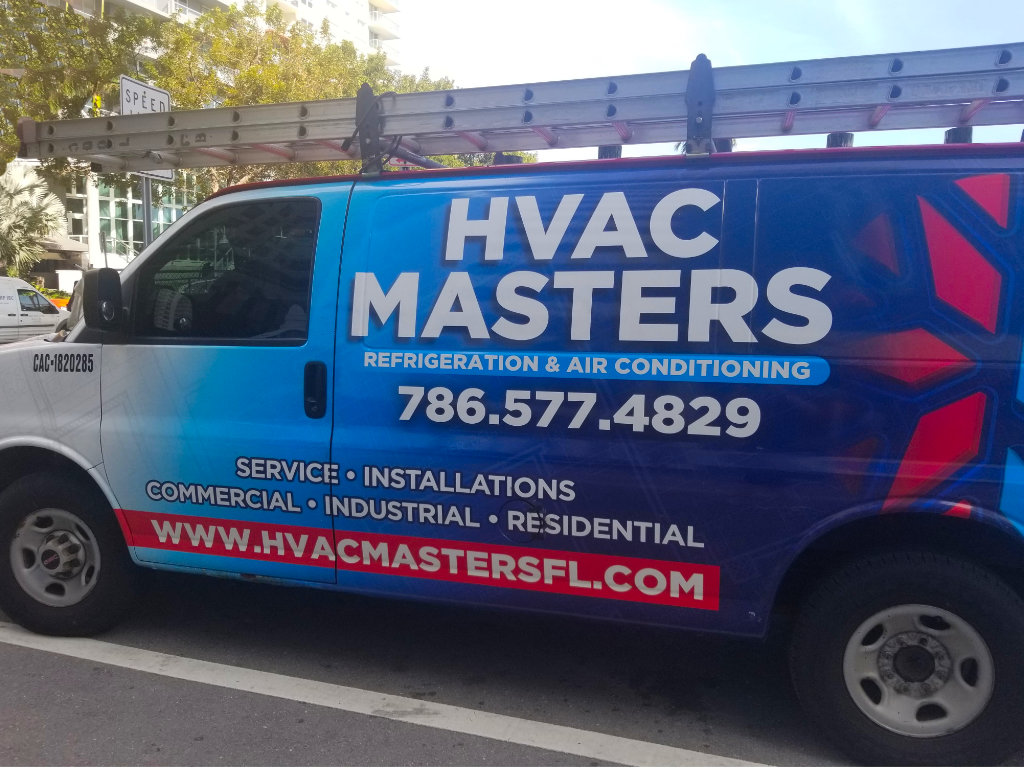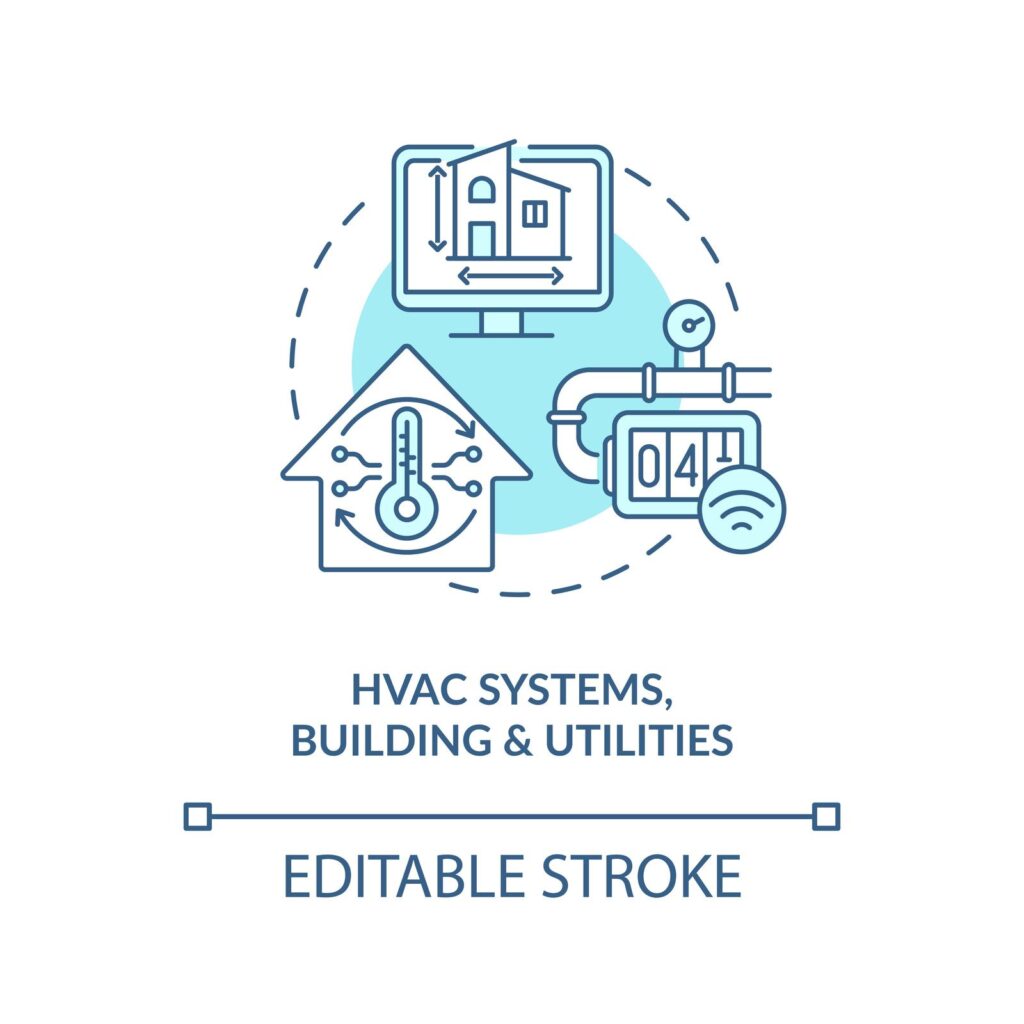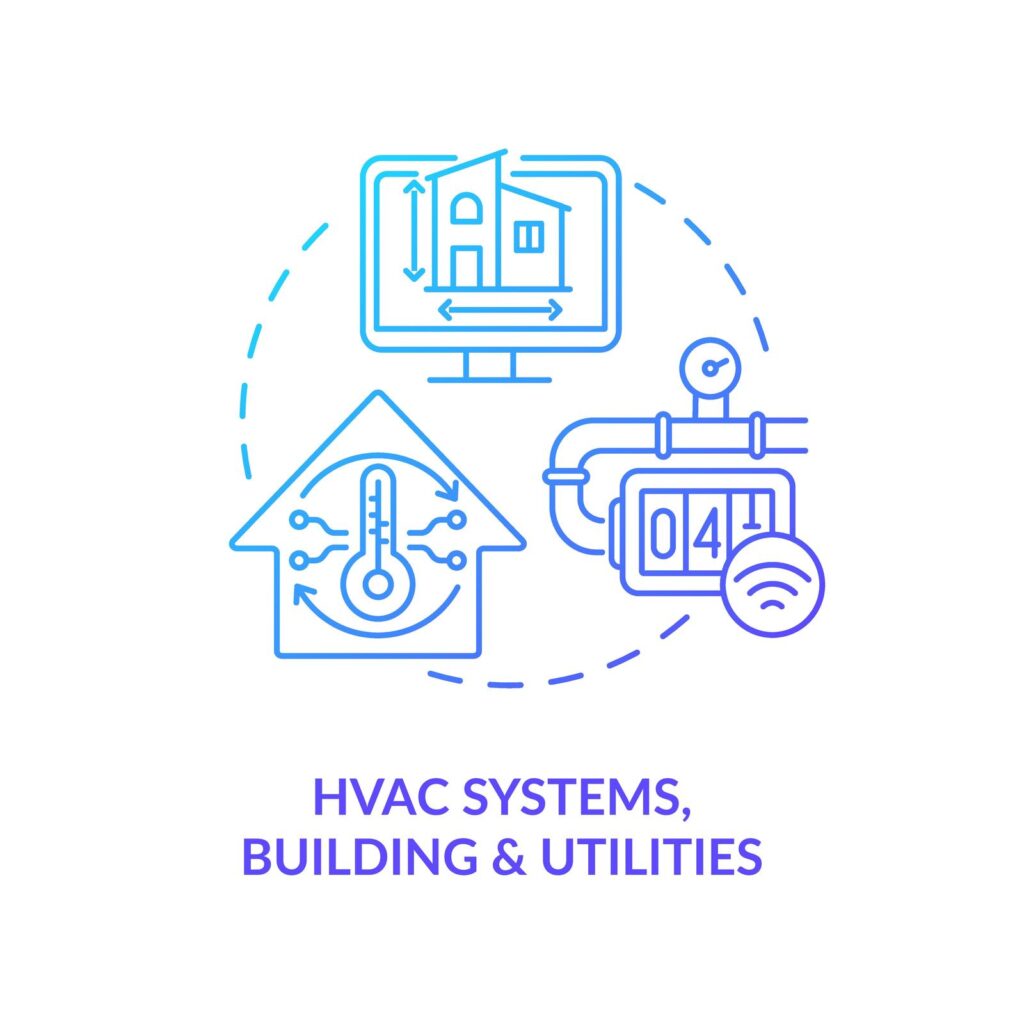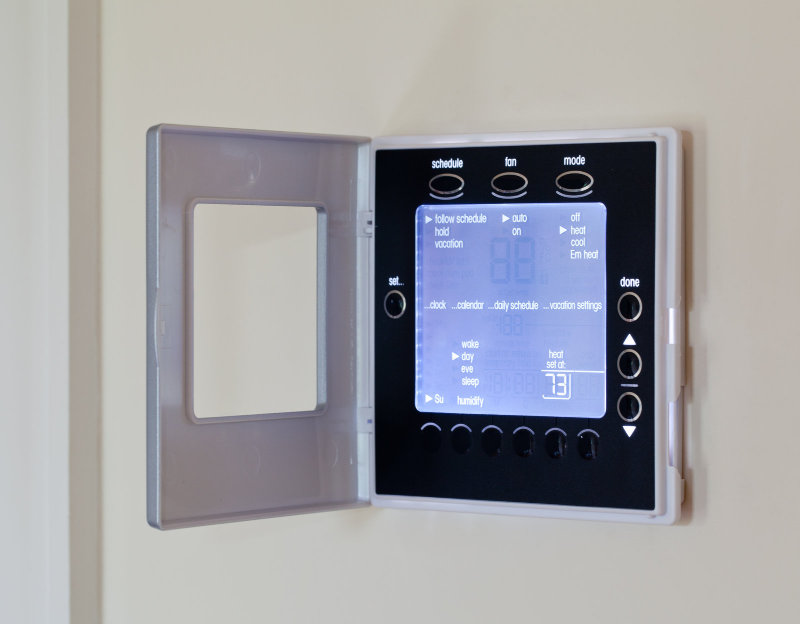Explore key growth areas in the regional HVAC market. Find insights and strategies for contractors to leverage trends from urbanization to green tech.

Start a Successful HVAC Business: Key Tips
How to Start a Successful HVAC Business
If you want to start an HVAC business, you’re in the right place. In this guide, we’ll review things you need to know to get started, including getting licensed and certified, choosing the perfect name for your business, registering your company, and deciding on the proper business structure.

Determine Startup Costs for an HVAC Business
Starting an HVAC business requires an upfront investment, including equipment, insurance, and marketing. You’ll need to estimate your startup costs to determine how much funding you’ll need. It’s important to have a solid business plan and financial projections to show potential investors or lenders.



Get Licensed and Certified Before You Start
Before starting your HVAC business, you must get the proper licenses and certifications. The requirements vary depending on where you live, so check with your local licensing board. You’ll likely need to pass an exam to demonstrate your knowledge of HVAC systems and safety regulations.
| State | License/Certification Required |
|---|---|
| Alabama | Master HVACR Contractor License |
| Alaska | Mechanical Administrator License |
| Arizona | Contractor License |
| Arkansas | HVAC Contractor License |
| California | C-20 HVAC Contractor License |
| Colorado | HVAC Contractor License |
| Connecticut | Heating, Piping, and Cooling Contractor License |
| Delaware | HVACR Contractor License |
| Florida | Certified HVAC Contractor License |
| Georgia | Conditioned Air Contractor License |
| Hawaii | Mechanical Contractor License |
| Idaho | Public Works Contractor License |
| Illinois | HVAC Contractor License |
| Indiana | HVAC Contractor License |
| Iowa | HVAC Contractor License |
| Kansas | HVAC Contractor License |
| Kentucky | HVAC Contractor License |
| Louisiana | Licensed Mechanical Contractor |
| Maine | Plumbing and HVAC Contractor License |
| Maryland | Master HVACR Contractor License |
| Massachusetts | HVAC Contractor License |
| Michigan | Mechanical Contractor License |
| Minnesota | Contractor License |
| Mississippi | Contractor License |
| Missouri | HVAC Contractor License |
| Montana | Mechanical Contractor License |
| Nebraska | Contractor License |
| Nevada | Contractor License |
| New Hampshire | Master Plumber and Gas Fitter License |
| New Jersey | Master HVACR Contractor License |
| New Mexico | Contractor License |
| New York | HVAC Contractor License |
| North Carolina | Heating Group 1 and Group 2 Licenses |
| North Dakota | Contractor License |
| Ohio | HVAC Contractor License |
| Oklahoma | Mechanical Contractor License |
| Oregon | HVAC Contractor License |
| Pennsylvania | Home Improvement Contractor Registration |
| Rhode Island | HVAC Contractor License |
| South Carolina | Mechanical Contractor License |
| South Dakota | Contractor License |
| Tennessee | Contractor License |
| Texas | Air Conditioning and Refrigeration Contractor License |
| Utah | Contractor License |
| Vermont | Plumbing and HVAC Contractor License |
| Virginia | Contractor License |
| Washington | HVAC/R Specialty License |
| West Virginia | HVAC Technician License |
| Wisconsin | HVAC Contractor License |
| Wyoming | HVAC Contractor License |
Choose the Perfect Name for Your HVAC Business
Choosing the right name for your HVAC business is important. It should be easy to remember and spell so potential customers can easily find you online. You may also want to consider including a keyword like “HVAC” in the name to clarify your services.



Register Your HVAC Business
Once you’ve chosen a name for your business, you must register it with your state or local government. This typically involves filing paperwork and paying a fee. You’ll also need to get a tax ID number from the IRS to pay taxes and hire employees.
S Corp or LLC?
Deciding on the right business structure is important for any business, including an HVAC business. Two popular options are S corporations and limited liability companies (LLCs). Both offer liability protection, but S corporations are taxed differently than LLCs. Consult a lawyer or accountant to determine the best option for your business.
Invest in HVAC Job Management Software
One tool that can help you run a successful HVAC business is job management software. This type of software can help you manage to schedule, invoicing, and customer information. www.sendwork.com would likely be the perfect software for your needs, and it comes with a free trial.
Conclusion
Starting an HVAC business takes hard work and dedication, but it can be rewarding and profitable. By getting licensed and certified, choosing the right name and business structure, registering your company, determining your startup costs, and investing in job management software, you can set yourself up for success in the HVAC industry.



